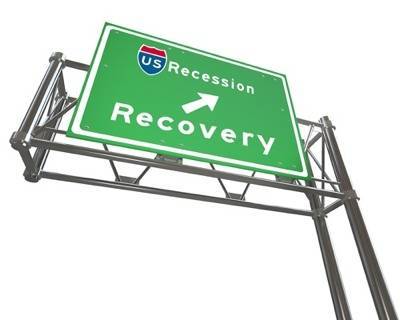Does Fewer Foreclosures Mean The Market is Recovering?
09/09/2014 04:32 PM (CST)
 According to a report by the Woodstock Institute, Chicago's six-county region recorded 13,916 new foreclosure filings in the first half of 2014, a nearly 38 percent drop from a year ago and the lowest level reached since 2007.
According to a report by the Woodstock Institute, Chicago's six-county region recorded 13,916 new foreclosure filings in the first half of 2014, a nearly 38 percent drop from a year ago and the lowest level reached since 2007.
Steep decline in foreclosures has been recorded in other cities across the country, from Albuquerque to New York.
The dramatic dip in foreclosure filings comes after "months of sustained year-over-year declines," the Woodstock Institute said in an announcement last week of the new data.
In the city of Chicago, a total of 3,950 properties began the foreclosure process during the first half of 2014, a 34.4 percent decrease from a year ago.
Although local foreclosure filings have hit pre-recession levels, activists working on the ground to help struggling homeowners say many communities, particularly low-wealth and majority minority neighborhoods, continue to grapple with the effects of the housing crisis.
Furthermore, estimates often vary based on the organization and its methods and numbers don’t always tell the whole story.
So, before we credit the improvement to the actual housing recovery, let’s look at a few other reasons as to why foreclosures are in decline.
One of the reasons is the 2012 national mortgage settlement, which provided opportunities for certain distressed borrowers to renegotiate loans with the country's five major mortgage servicers — Bank of America, JPMorgan Chase, Wells Fargo, Citigroup and Ally Financial.
Another one is the fact that The Federal Housing Finance Agency (FHFA), which oversees Fannie Mae and Freddie Mac, also launched a Streamlined Modification Initiative last year meant to help delinquent homeowners avoid foreclosure.
Finally, there’s the fact that lenders became increasingly weary of short sales, but at the same time they’re not as eager to foreclose. Hence, many experts speculate, there’s an increase in the shadow inventory, that is not currently on the market, but that is impossible to keep solid track of.
The reason the banks do not accept short sale offers is often because they have been told by their so called valuation experts that the property is worth way more than buyers are willing to pay for it.
The practice is often detrimental to moving short sales because the BPO agents can be inexperienced or newer at the practice and do not provide fair or true values.
This practice prevents the market from being flooded by low-quality low-priced properties that currently remain in the shadow inventory. At the same time, this does hurt homeowners who could have benefited from a short sale had the banks approved and went ahead with it.

